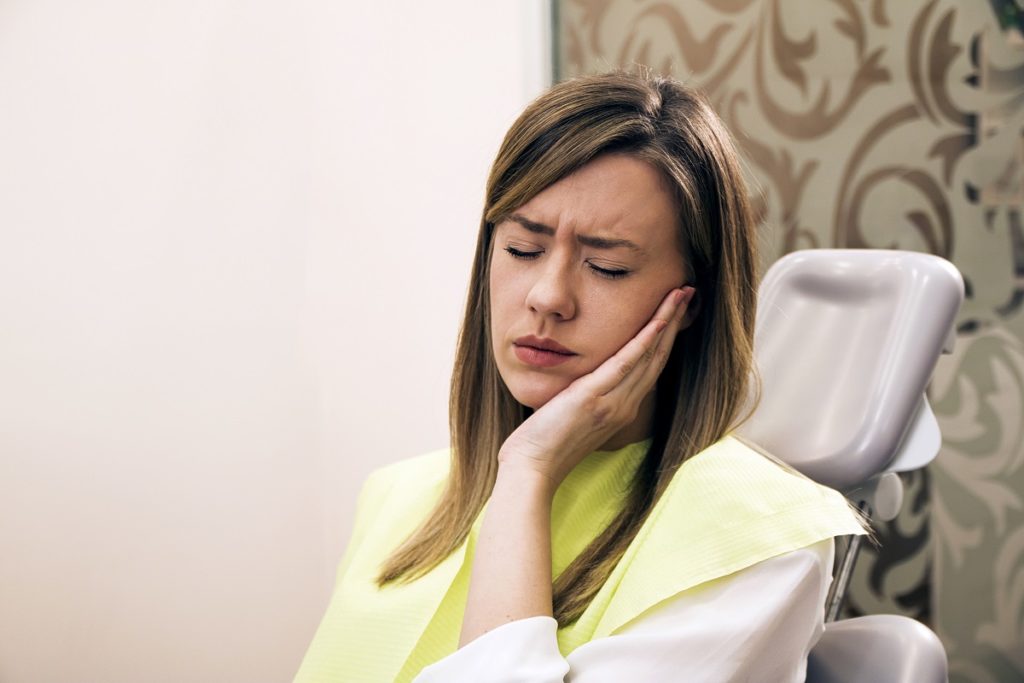What constitutes a dental emergency, what doesn’t, and what should you do when dental trauma, pain or serious infections strike?
Unlike with scheduled dental appointments, you cannot pencil in nor predict a dental emergency. However, what you can do is find an emergency dentist in Southgate ahead of time to plan for potential oral health emergencies to keep you and your family safe.
Are some dental emergencies more critical than others?
Similar to medical problems, some dental issues are more severe than others. For example, abscesses and intolerable pain points to needing urgent dental care. If you are not sure whether what you are experiencing is serious, give your dentist a call to find out, or call their helpline if it is after-hours.
What can an emergency dentist do for you?
A highly skilled dental practitioner knows that time is of the essence in these types of situations, especially when it comes to a knocked-out tooth. Therefore, a dentist will act fast while keeping you, the patient calm. If you are experiencing high levels of pain, your dentist will locate it, and provide temporary relief from the discomfort while treating the problem, so that it does not become a recurring issue in the future.
What are the most common types of dental emergencies seen by UK dentists?
Knocked-out teeth
Playing contact sports without a mouthguard or suffering from a mouth trauma can result in one or multiple knocked-out teeth. Sometimes, these pearly whites can be salvaged if reinserted within an hour of the incident occurring.
Cracked or fractured tooth

A chipped tooth not accompanied by pain does not constitute a dental emergency. However, a fractured or broken tooth does. If severe enough, a dentist might need to extract the tooth. Otherwise, if the soft tissue of the tooth, called the pulp, is damaged, an emergency root canal might be required. Call your dentist immediately after the accident occurs, and apply a cold compress to your face if there is noticeable swelling, the sooner, the better.
Sore and possibly infected teeth
We have all experienced toothache, but mouth pain should not leave you clutching at your jaw or nearly incapacitated. When this happens, go and see your oral health provider.
Broken jaw or jaw pain
Tender teeth are not the only dental emergency as a broken jaw or pain stemming from your jaw also points to potentially serious issues. Depending on the severity of the injury, your jaw, dislocated, bruised, or hurt, could potentially heal on its own if the damage is minor, remedied by painkillers. However, for moderate to severe fractures, you might need one or multiple surgeries.
What can be done to avoid dental emergencies?
While these types of injuries cannot be forecasted, there are ways to prevent them from happening in the first place. Firstly, prioritising your oral hygiene will prevent specific dental emergencies from occurring that are related to decay and neglect. Brush twice daily, floss every day, and ensure that you see your dentist biannually. If you play sports, make sure that you wear a mouthguard to protect your pearly whites from harm.
